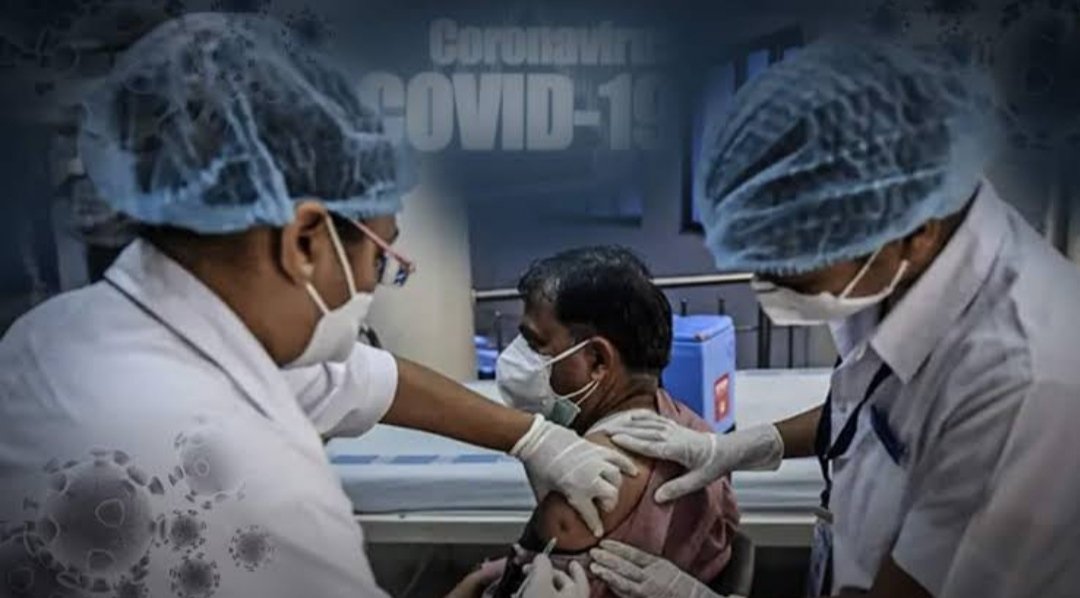Keypoints:
- The guidelines encourage the usage of non-transferable electronic vouchers which can be redeemed at PRIVATE vaccination centres in order to enable the people to financially support the vaccination of economically weaker sections at private vaccination centres.
- Central government has advised the states to prioritise free doses for healthcare workers, followed by frontline workers, citizens above 45 years, and citizens above 18 years whose second dose is due.
On Monday, the central government had revised its Covid vaccination policy to provide free vaccine doses to all states. However, the central government has advised the states to prioritise free doses for healthcare workers, followed by frontline workers, citizens above 45 years, and citizens above 18 years whose second dose is due.
The guidelines encourage the usage of non-transferable electronic vouchers which can be redeemed at PRIVATE vaccination centres in order to enable the people to financially support the vaccination of economically weaker sections at private vaccination centres.
“Within the population group of citizens more than 18 years of age, States/UTs may decide their own prioritization factoring in the vaccine supply schedule. Vaccine doses provided free of cost by the Government of India will be allocated to States/UTs based on criteria such as population, disease burden and the progress of vaccination. Wastage of vaccine will affect the allocation negatively,” the guidelines say.
The Government of India will be providing the states and Union Territories with the advance information about the vaccine doses to be supplied to them. States will be flexible to further allocate doses well in advance to districts and vaccination centres.
Along with this, they have also been advised to put the information in public domain regarding the availability at district and vaccination centre level, and widely disseminate it among the local population.
Domestic vaccine manufacturers have been given the option to provide vaccines directly to private hospitals. This move has been taken in the light to incentivise production by vaccine manufacturers and encouraging new vaccines.
“This would be restricted to 25% of their monthly production. States/UTs would aggregate the demand of private hospitals keeping in view equitable distribution between large and small private hospitals and regional balance. Based on this aggregated demand, the Government of India will facilitate supply of these vaccines to the private hospitals and their payment through the National Health Authority’s electronic platform. This would enable the smaller and remote private hospitals to obtain timely supply of vaccines, and further equitable access and regional balance,” the guidelines said.
Every vaccine manufacturer will declare the vaccine dose price for the private hospitals and the subsequent changes will be notified well in advance. The government has capped the price to offer the service at a maximum of ₹150 per dose as service charge.
State governments have also been asked to monitor the amount that private hospitals are charging.
Irrespective of the income status, all citizens are entitled to free vaccination but the Government encourages those having the ability to pay to use private hospital’s vaccination centres.The revised guidelines will come into effect from June 21, 2021, and will be open to review.

